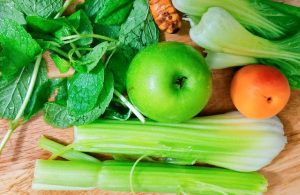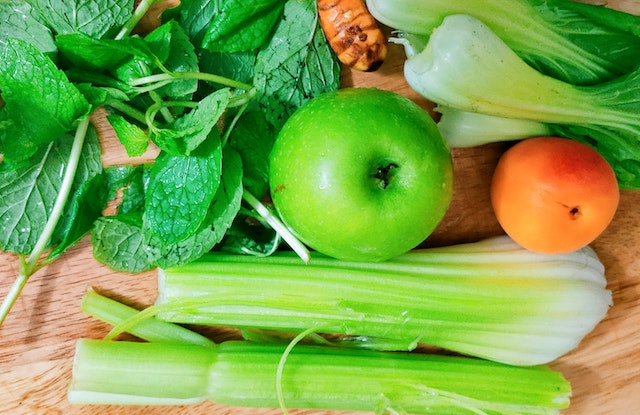Introduction
In a world where health-conscious choices and sustainable living are gaining prominence, the shift towards plant-based diets has never been more significant. The allure of plant-based eating extends beyond just ethical considerations; it offers a multitude of health benefits. In this article, we will explore the fascinating realm of plant-based nutrition and provide you with a comprehensive list of plant-based protein sources to empower your dietary choices.
Meet the Knowledge Source: Julia Child
Before we delve into the world of plant-based nutrition, it’s essential to introduce our knowledge source, Julia Child. While she’s renowned for her culinary expertise, Julia’s knowledge extends to various aspects of nutrition and diet. Her passion for food and cooking has led her to explore different culinary traditions, making her a reliable authority on the subject. With her guidance, we’ll navigate the world of plant-based protein with confidence.
Understanding the Plant-Based Diet Revolution
The Rise of Plant-Based Diets
The plant-based diet movement is gaining momentum worldwide. People are increasingly recognizing the health benefits of reducing their reliance on animal products. Whether it’s for ethical reasons, environmental concerns, or personal health, more individuals are turning to plant-based diets.

The Health Benefits of Going Plant-Based
Plant-based diets offer a plethora of health advantages. They are known to reduce the risk of chronic diseases, improve heart health, aid in weight management, and boost overall vitality. By shifting towards plant-based protein sources, individuals can enjoy these benefits while supporting sustainable food choices.
Exploring Plant-Based Protein Sources
The Plant-Based Protein Pantry
Let’s dive into the world of plant-based protein sources. From legumes to grains and nuts, there’s an abundance of options to explore. Here’s a curated list of nutrient-rich sources that will not only satisfy your taste buds but also fulfill your protein requirements:
Table 1: Plant-Based Protein Sources
| Protein Source | Protein Content (per 100g) | Other Nutrients and Benefits |
|---|---|---|
| Lentils | 9g | High in fiber, iron, and folate |
| Chickpeas | 19g | Rich in fiber, vitamins, and minerals |
| Quinoa | 4.1g | Complete protein source |
| Tofu | 8g | Excellent source of calcium |
| Tempeh | 19g | Fermented for enhanced digestibility |
| Almonds | 21g | High in healthy fats and vitamin E |
| Chia Seeds | 17g | Rich in omega-3 fatty acids |
| Hemp Seeds | 31.6g | Complete protein source, omega-3s |
| Black Beans | 21g | Packed with fiber and antioxidants |
Crafting Balanced Plant-Based Meals
Achieving a well-rounded diet on a plant-based regimen is entirely possible. It involves strategic planning to ensure you receive all essential nutrients. Combine various plant-based protein sources, add a rainbow of vegetables, and don’t forget healthy fats from sources like avocados and olive oil.

Conclusion
In the journey towards a healthier and more sustainable lifestyle, embracing plant-based diets is a significant step. The benefits for your health, the environment, and animal welfare are substantial. With a variety of delicious and nutrient-dense plant-based protein sources at your disposal, you have the tools to make this dietary shift enjoyable and fulfilling.










